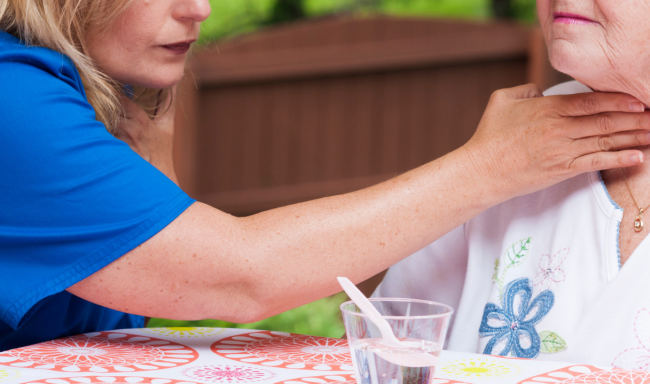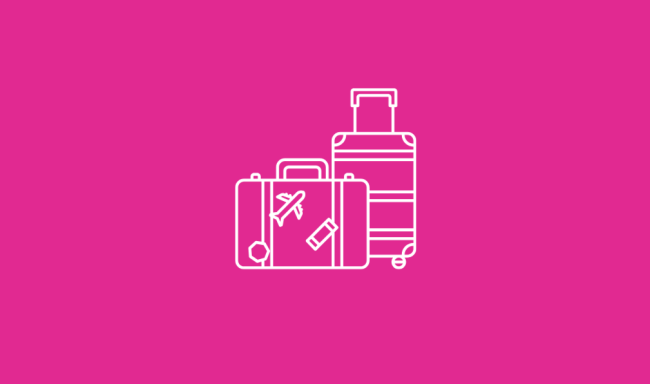If you or the person you care for has Huntington’s disease, travelling can take a bit of extra planning, especially when it comes to medication.
Airport security rules can be strict and vary from country to country, which can make this part of your journey feel overwhelming.
Here are some tips if you are planning a trip with your loved one.
Check the regulations for your destination
Most countries allow you to bring prescription medication for personal use, but some have restrictions or require specific documentation. Some countries have a list of banned medications. To avoid any issues, check the embassy website for the country you’re visiting, or get in touch with them directly.
Pack extra supplies
Delays and unexpected events can happen when travelling, so it’s a good idea to take more medication than you think you’ll need. Having a few extra days' worth means you won’t be caught out if your return is delayed, or if something is lost or damaged along the way.
Carry medication in your hand luggage
Keeping your medication in your hand luggage means it stays with you throughout the journey. This reduces the risk of it being lost or delayed with hold baggage, and it also makes it easier to access what you need during the flight.
Bring a copy of your prescription
Carrying a copy of your prescription is always advisable. Ideally, it should include the generic names of your medication and be translated into the language of the country you’re visiting. A letter from your GP or specialist explaining what the medication is for can also be helpful.
If you’re carrying medical equipment
Items such as syringes, needles or other medical devices can raise questions at security checkpoints. To avoid delays, carry a letter from your healthcare team explaining what the equipment is and why you need it. Again, it’s worth checking the rules of the country you’re travelling to before you fly.
Travelling with liquid medication over 100ml
Most airports limit liquids in hand luggage to containers under 100ml. However, exceptions are often made for essential medications. If you need to carry larger quantities, contact your airline and the airport in advance. Make sure you have a letter from your GP confirming the medication is medically necessary, and ideally, keep this in writing when you travel.
Travelling with a health condition might mean a little extra preparation, but it shouldn't stop you from enjoying your trip. With the right planning, you can feel confident that your medication will be with you when you need it. If you have specific questions, your GP or Specialist Adviser can offer guidance to help you prepare.
Please read our other tips on travelling with Huntington’s disease that include a guide to travelling and disability rights on transport. For further reading, Skyscanner produced an article on 'Travel rights for disabled people'.






